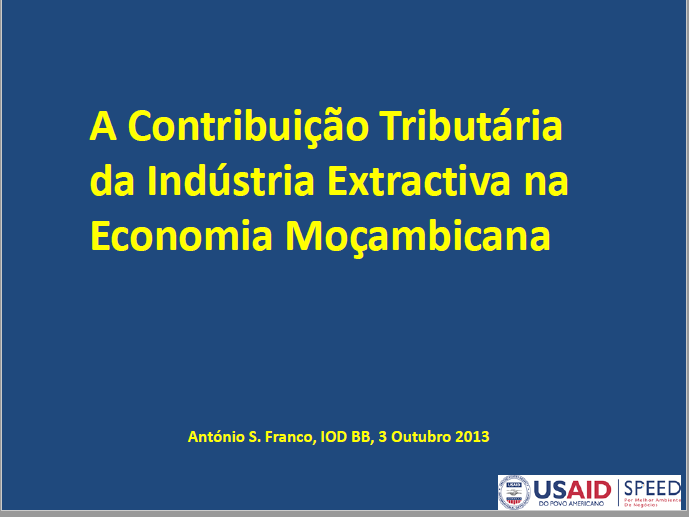Location
About Us
We envision a world in which land governance systems, both formal and informal, are effective, accessible, and responsive for all. This is possible when land tenure and property rights are recognized as critical development issues and when the United States Government and its development partners demonstrate consistent attention and a firm commitment to supporting coordinated policies and programs that clarify and strengthen the land tenure and property rights of all members of society, enabling broad-based economic growth, gender equality, reduced incidence of conflicts, enhanced food security, improved resilience to climate change, and effective natural resource management.
Mission Statement
The USAID Land Tenure and Resource Management (LTRM) Office will lead the United States Government to realize international efforts—in accordance with the U.S. Government’s Land Governance Policy—to clarify and strengthen the land tenure and property rights of all members of society—individuals, groups and legal entities, including those individuals and groups that are often marginalized, and the LTRM Office will help ensure that land governance systems are effective, accessible, and responsive. We will achieve this by testing innovative models for securing land tenure and property rights and disseminating best practice as it relates to securing land rights and improving resource governance within the USG and our development partners.
Members:
Resources
Displaying 116 - 120 of 440A Contribuição Tributária da Indústria Extractiva na Economia Moçambicana
A Contribuição Tributária da Indústria Extractiva na Economia Moçambicana.
Annual World Bank Conference on Land and Poverty Announced
The 2014 World Bank Conference on Land and Poverty will take place at the World Bank Headquarters in Washington, D.C. on March 24 - 27, 2014. The theme of the 15th annual conference is "Integrating Land Governance into the Post-2015 Agenda: Harnessing Synergies for Implementation and Monitoring Impact.”
Burmese Farmers Organizing to Reduce Conflict Over Land
Farmers in Burma are increasingly organizing to push for recognition of expanded rights to land and how they use it. Despite the passage of the Farmland Law in 2012, grievances and conflicts over land remain widespread and farmers face continued restrictions of their farming choices.
Land Tenure, Property Rights and Economic Growth in Rural Areas
Broad-based economic growth is essential to sustainable, long-term development. It creates opportunities for raising living standards, provides countries with the resources to expand access to basic services and enable citizens to chart their own prosperous futures. Despite incredible progress that has reduced poverty and improved livelihoods around the world, global economic growth since 2008 has slowed and in some cases regressed. Today, three quarters of the world’s poor don’t have a bank account and access to capital remains a significant barrier throughout the developing world.
No-Take Fishing Zones Can Protect Fish Populations & Empower Local Communities
No-take fishing zones in the Caribbean’s near-shore and reef areas may be an important strategy for sustaining marine ecosystems and conserving fish populations, according to preliminary research. Meanwhile, the increasing use of no-take reserves calls for recognition of the vital role that local communities play in natural resources management and their rights to benefit from that management. Shared management of ecosystems and resources requires equitable and appropriate distribution of both responsibilities and benefits among all stakeholders.



